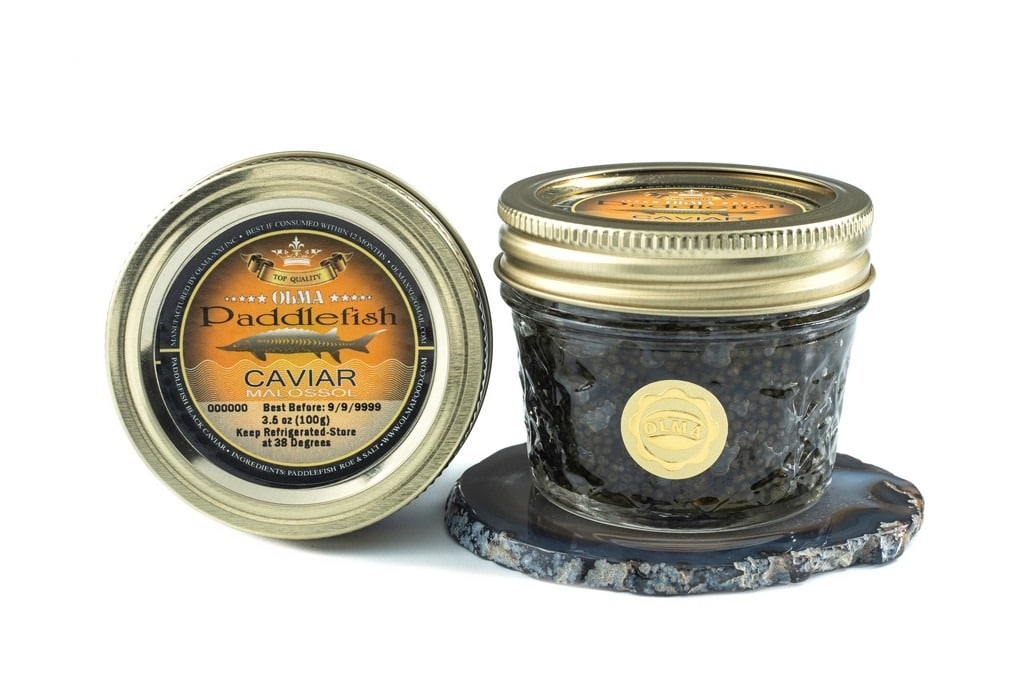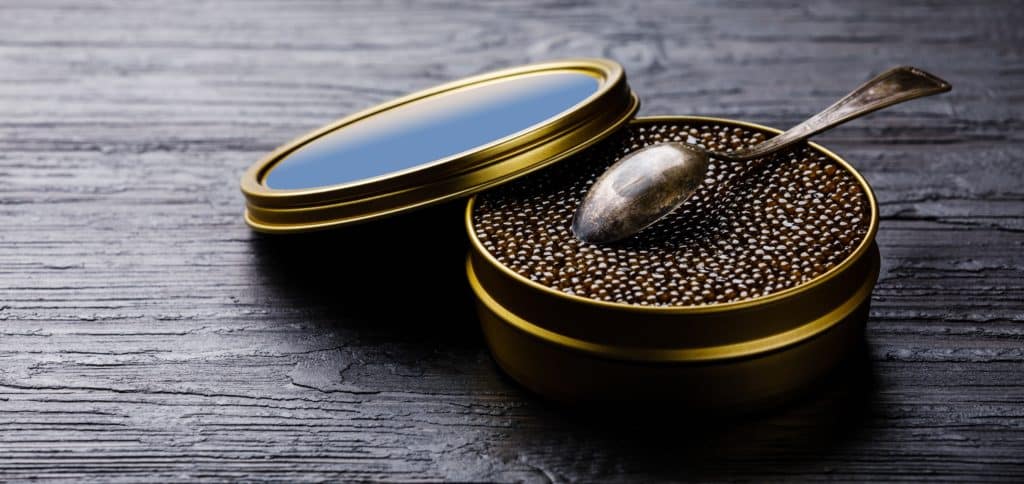When scientists compare diets around the globe, the healthiest have one thing in common: lots of seafood. People in Iceland, for example, have the world’s highest per capita consumption of seafood—a stunning 220 pounds per year. Icelanders also have one of the longest life expectancies of any nationality—nearly 81 years. Fish isn’t the only reason, but it helps. What makes seafood healthy? First, it’s a lean protein option, with very little saturated fat. Also, the fat it does contain is mostly good-for-you omega-3 fatty acids, polyunsaturated fats that have been shown to protect against heart disease and some forms of cancer; reduce blood pressure; and help control inflammation.
Here in the U.S., we barely eat 16 pounds of seafood, on average, each year (our average life expectancy is 78 years). That’s one reason why the 2010 Dietary Guidelines made the important step of singling out seafood, recommending two servings per week in place of beef, pork, or poultry. As for omega-3s, the FDA hasn’t yet set a Reference Daily Intake (RDI). But the USDA suggests the average person with a 2,000-calorie diet should get 1.75g of EPA and DHA—subsets of omega-3 that are most abundant in fish—each week. That equals about 250mg per day. (A 3.5-ounce serving of striped bass has almost four times that recommended amount.)
Your challenge this month is to eat fish at least twice a week.
Originally Posted on: http://www.cookinglight.com/healthy-living/healthy-habits/why-eat-seafood



 Beluga Sturgeon Caviar - $$$$
Beluga Sturgeon Caviar - $$$$  Osetra Caviar - $$$
Osetra Caviar - $$$  White Sturgeon Caviar - $$$
White Sturgeon Caviar - $$$  Kaluga Royal Caviar - $$$
Kaluga Royal Caviar - $$$  Siberian Aurora Caviar - $$
Siberian Aurora Caviar - $$  Hackleback Caviar - $
Hackleback Caviar - $  Paddlefish Caviar - $
Paddlefish Caviar - $ 




















